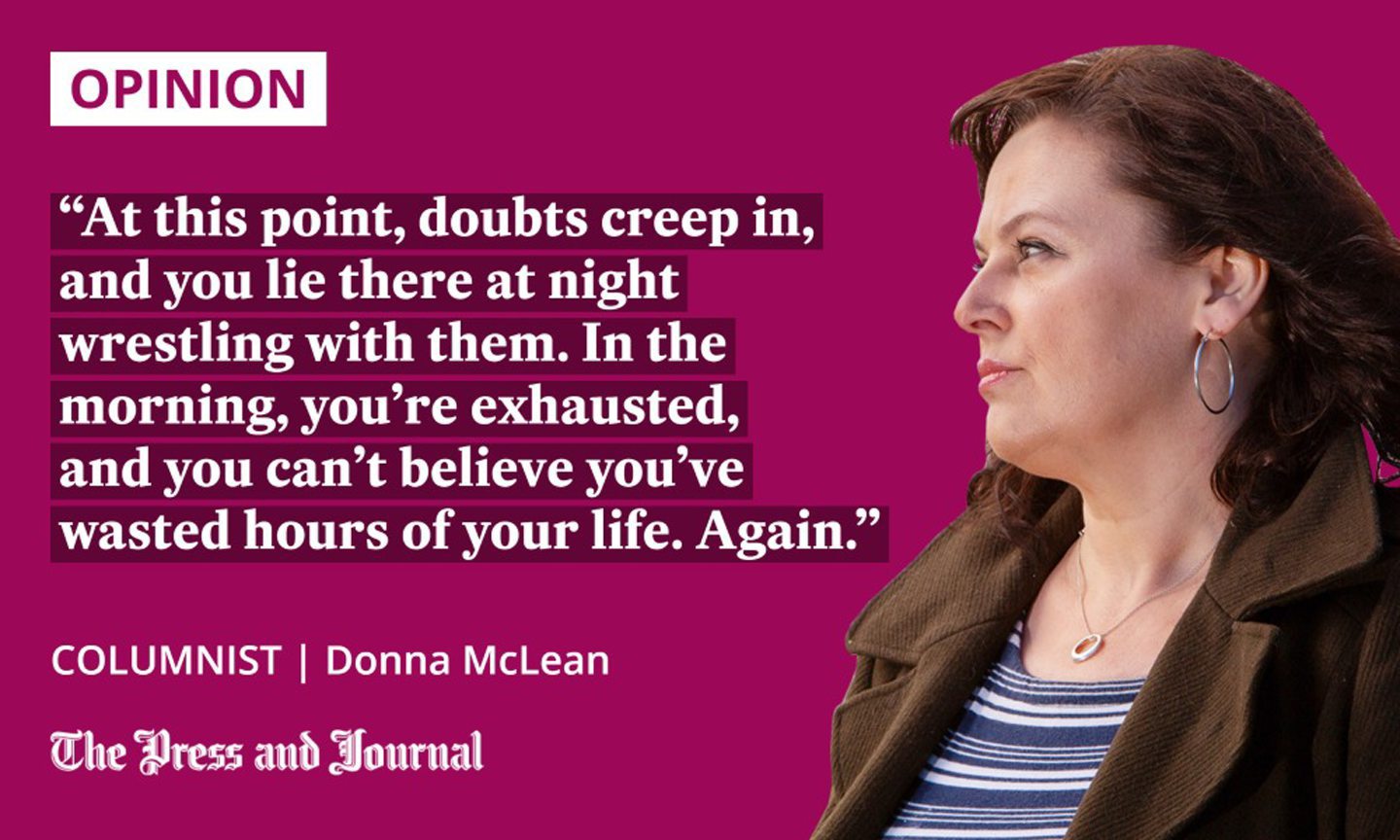All the good, sensible people advise you to do one thing at a time: to pick something small and simple and focus on it until it’s complete, then move on to the next job, until you have accumulated a satisfying list of ticks.
This advice, to me, is so unrealistic, it’s verging on the ridiculous. Not only do I have brain fog, but I also have a very messy life.
From a neuroscientific perspective, we understand that we can only focus on one thing at a time. Distraction is often fuelled by flitting rapidly between tasks: flicking through TV channels, or leaving a hundred tabs open on your laptop. But, what if your life does involve multiple projects and you don’t have much choice in the matter? Or, what if – like me – you work freelance and have a very distractible brain?
Someone will shout out “mindfulness” at this point. Yes, of course that can help. I managed to train as a mindfulness teacher, even with my distractible, wandering mind. I also managed to complete an eight-day, silent retreat – how on earth, I’ll never know. Just shows you what we’re capable of when put our minds to it.
But there’s also some degree of focus to be found in just resigning yourself to any situation – even if it is godawful. For many people, attention-diffusion is the result of anxiety: feeling bad about the things they haven’t done or finished. But not for me. Nor is it fear. Feel the fear and do it anyway. Yikes, I’ve lived by that motto – far too much, in reality.

Of course, trying to focus on more than one thing at a time can come at a price. It’s bad to miss a deadline because you’re focused on meeting another one. Or to neglect one relationship in your life to feed another. Or to let the kids watch hours of CBeebies so you can meet a deadline. But, we’re imperfect: only human, after all.
So, back to one thing at time. If it’s not anxiety and it’s not fear that gets in the way, what is it? For me, it’s often excitement, new ideas, getting lost in numerous creative, personal or political projects. They all seem equally valid and important.
Striking a balance can be difficult
Sometimes, I decide what to do based on the quickest wins. Often, I must make the decision around money. Freelancers and creative people still need to pay the rent.
I’m currently trying – and struggling – to make more choices based on developing something for the future, something that takes up more time and energy, but that I know I’m going to be proud of. That’s the trickiest bit. Everything has consequences.
What do you have to give up? And is that a price you’re willing to pay? The problem isn’t just getting things done, it’s allowing yourself the luxury of devoting big chunks of time and attention to creative work that moves you toward your values.
At this point, doubts creep in, and you lie there at night wrestling with them. In the morning, you’re exhausted, and you can’t believe you’ve wasted hours of your life. Again.
Who ever said you were a writer or artist anyway? That negative ex or so-called friend and their past disparaging comments fill your head with doubts
Who ever said you were a writer or artist anyway? That negative ex or so-called friend and their past disparaging comments fill your head with doubts.
The problem is that life is already too full. You have commitments. You have responsibilities. You have a job. You might have kids and elderly relatives to care for, or an illness that seriously limits your energy. You have so many things and people competing for your time and attention.
What happens if you fail? Spectacularly? If the risks don’t work out? Isn’t it better to be safe and keep working hard at things that don’t matter quite so much, but where the results are, at least, predictable?
No, please don’t do that. You’ll feel angry and resentful; you’ll end up being dispassionate.
Tough times can be a gift
What if taking risks but still ending up dealing with the worst-case scenario teaches us something valuable? What if living through difficult circumstances makes it harder to convince ourselves of the same old, lazy, comfortable myths about our lives and longings?
In The Uses of Sorrow, one of my favourite wise poets, Mary Oliver, said: “Someone I loved once gave me a box full of darkness. It took me years to understand that this, too, was a gift.”
In my experience, it really does take time to understand that gift. But I know that darkness, loss and failure are gifts, in the bigger scheme of things. Loneliness, disappointment and anger challenge us. Somewhere in there, we learn about ourselves and about what really matters.
It’s easy to retreat to safe mode: to not take risks, either creative or personal. But, what if facing life head-on and rebuilding ourselves from the ground up makes us more open and vulnerable and, ultimately, stronger in the long run? I think it’s a risk worth taking.
Donna McLean is originally from Ayrshire and is a mum of twins, writer and activist

Conversation